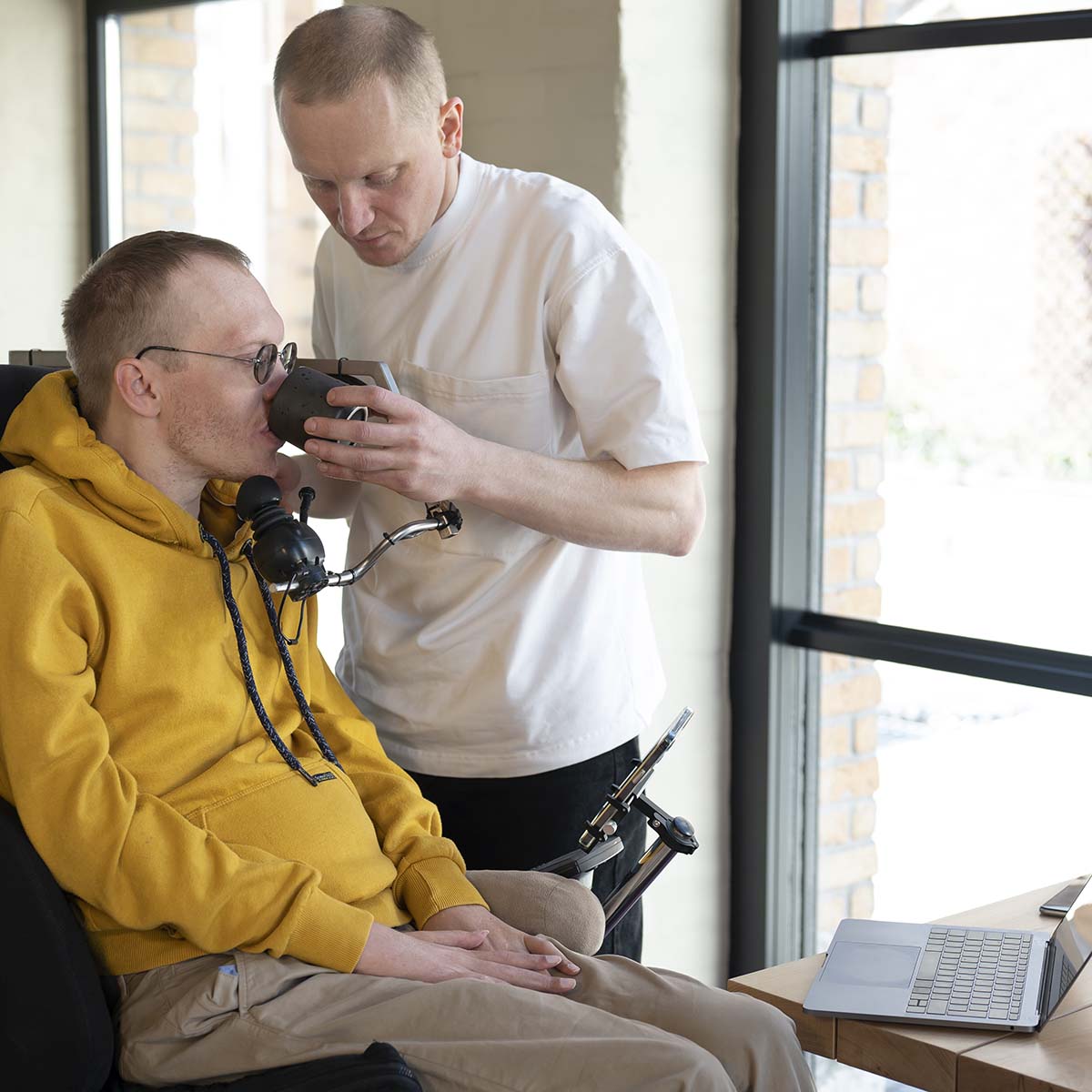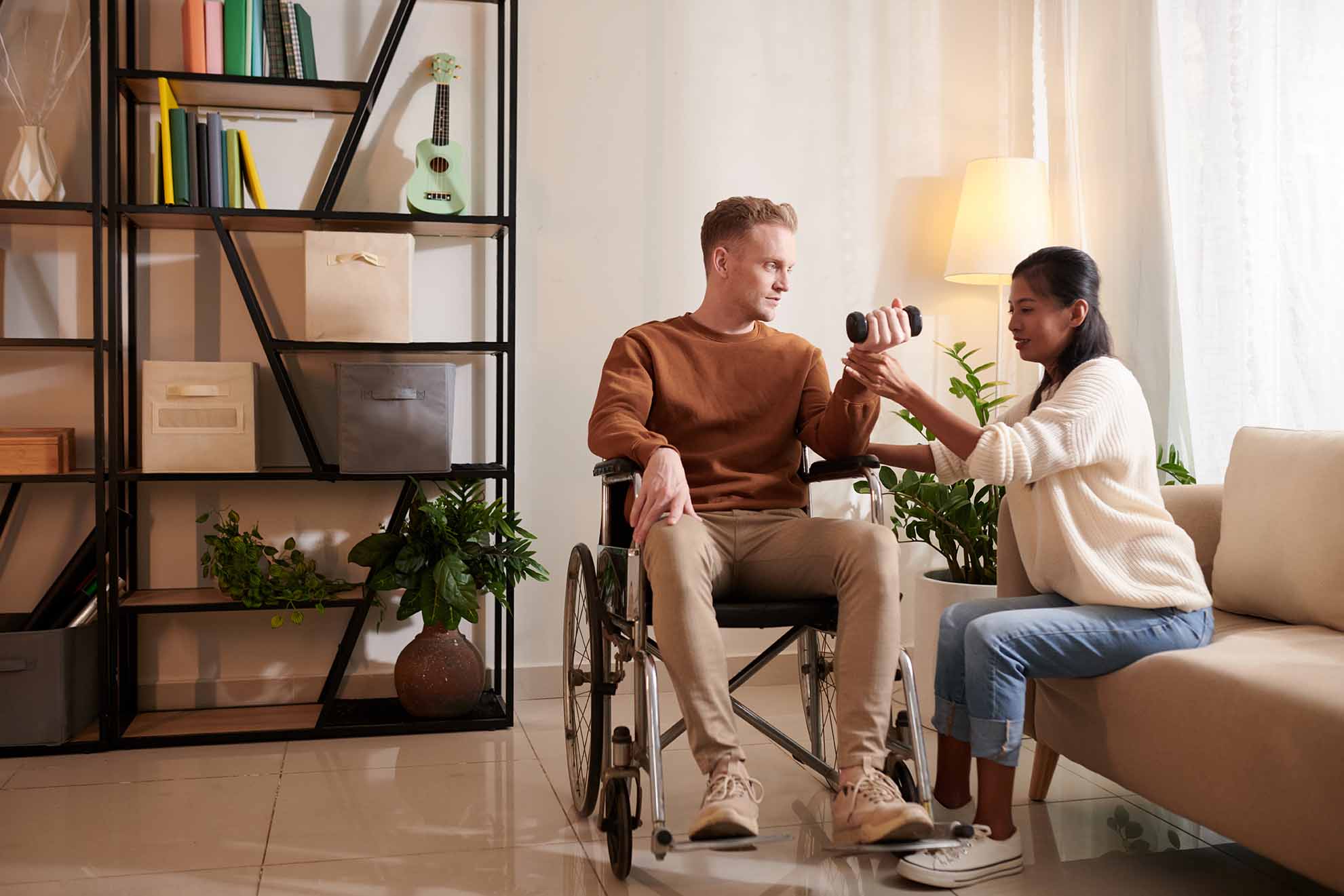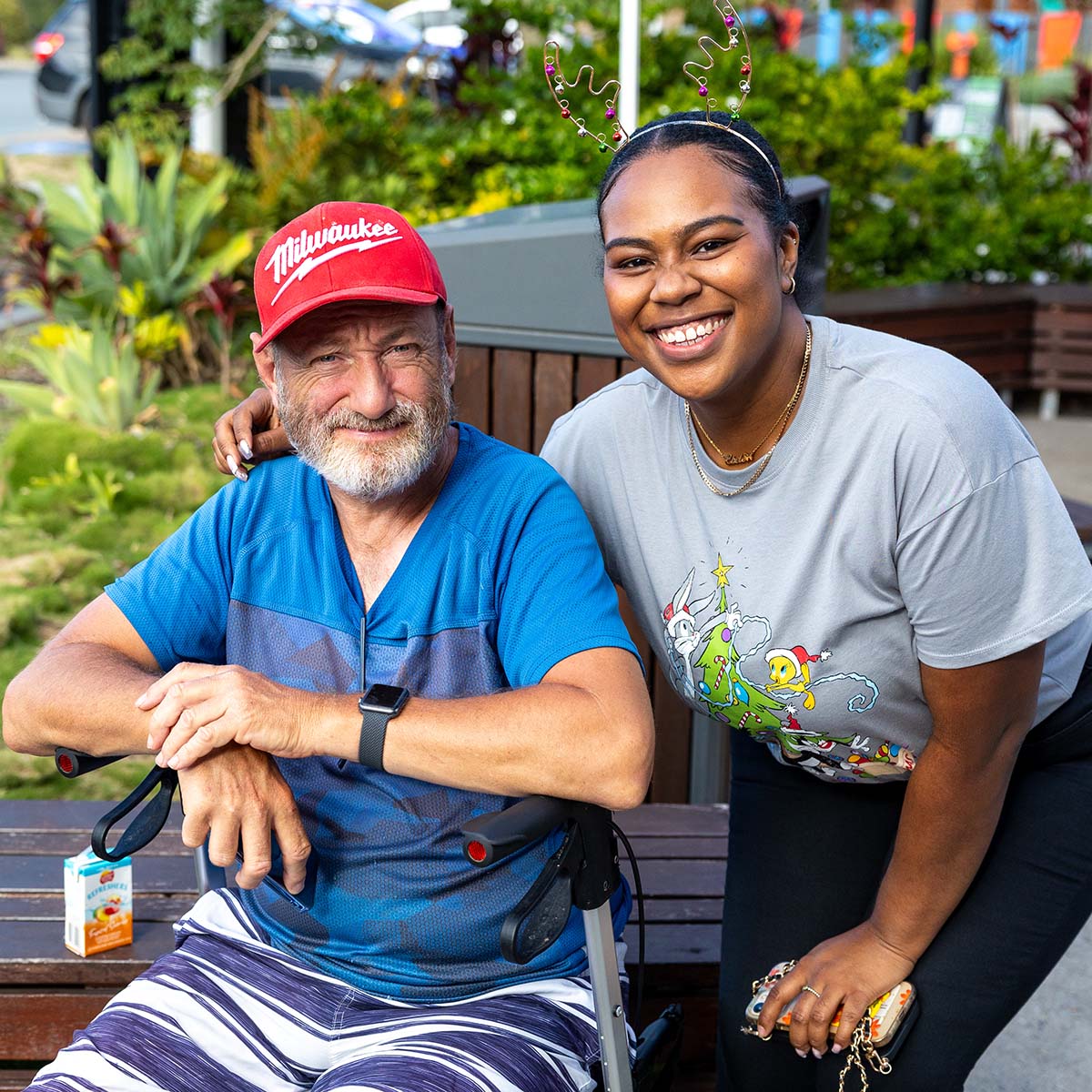
Lifestyle Assistants and Their Crucial Contributions
If you’re someone who helps people with disabilities, it’s not just about doing the usual tasks. It’s also really important to watch and notice little things that might be easy to miss. Two big things to pay attention to are how someone’s feeling and if they have any new cuts or bruises. These things can tell us a lot about their overall health and might show if something is wrong.
“Checking for new cuts or bruises is just as important.”
When we talk about feelings, it’s not just about happy or sad. Sometimes, people might suddenly feel different, and that could mean they’re in pain or feeling upset. If we notice these changes early, we can try to figure out what’s going on and help them feel better.
Checking for new cuts or bruises is just as important. People with disabilities might have trouble telling us if something hurts, so we have to be detectives and look for signs. If we see a new cut, it might mean they hurt themselves or there’s something in their environment that needs fixing. Fixing these things quickly helps keep them safe and happy.


Noticing Details
Being really good at noticing these details is like stopping problems before they get big. It’s like catching a cold before it turns into a big sickness. Disability support workers are like health detectives, making sure the people they help stay healthy and happy. By paying attention to how someone feels and checking for little injuries, we make sure they get the support they need for a good life.
Being a health detective when taking care of people with disabilities means paying close attention to things that might show us if something is wrong.
A Good Health Detective
- Watch and Listen: Pay attention to how the person is feeling and if they seem different than usual. Listen to any sounds they make or if they say anything about how they’re feeling.
- Look for Changes: Check if there are any new cuts, bruises, or marks on their body. Changes in their skin or any injuries might tell us if something happened.
- Ask Questions: Even if the person can’t talk easily, try to ask simple questions. They might nod, shake their head, or make sounds to show how they’re feeling.
- Check Their Environment: Look around to see if anything in their surroundings could be causing a problem. Maybe there’s something sharp, uncomfortable, or unsafe.
- Talk to Others: If you’re not sure what’s going on, talk to other people who know the person well. They might have noticed something or have helpful information.
- Be Kind and Patient: Sometimes, it takes time to figure things out. Be patient and show kindness while trying to understand what might be bothering the person.
- Report Anything Unusual: If you notice something that doesn’t seem right, let someone else know. It could be another caregiver, a supervisor, or a family member. Sharing information helps everyone work together to keep the person healthy.
Being a health detective is about being aware, looking for changes, and being caring. By doing these things, we make sure that people with disabilities get the best support for their health and well-being.
